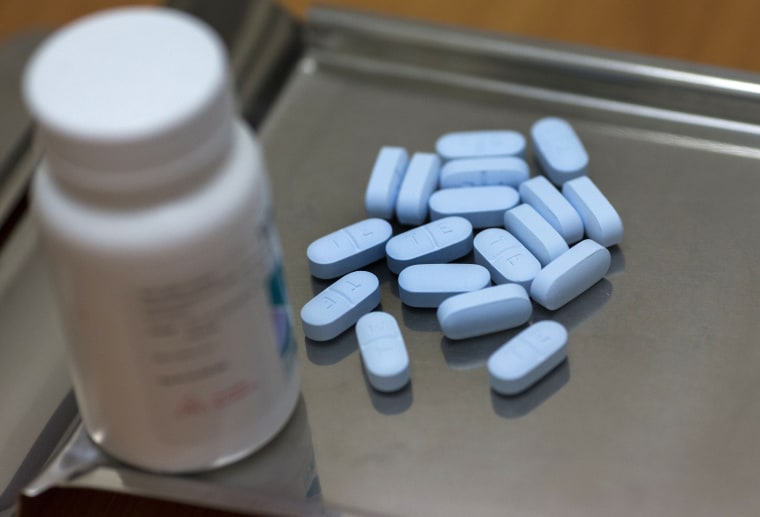An ounce of prevention is worth a pound of cure. As an HIV doctor in central Texas, I know that nowhere is that adage truer than in the case of pre-exposure prophylaxis (PrEP), a medication that is up to 99% effective at preventing HIV. A recent ruling in a Texas federal court has the potential to threaten not just PrEP but access to all commonsense preventive medical care for people in the U.S.
A recent ruling in a Texas federal court has the potential to threaten not just PrEP but access to all commonsense preventive medical care for people in the U.S.
On Wednesday, a U.S. district court judge ruled in favor of Braidwood Management Inc., a Christian-owned company that argued in its initial complaint that the Affordable Care Act’s requirement that insurers and employers offer plans that cover PrEP for free “forces religious employers to provide coverage for drugs that facilitate and encourage homosexual behavior, prostitution, sexual promiscuity, and intravenous drug use.”
This argument is not only terribly prejudiced, but it is also simply wrong. PrEP is used by hundreds of thousands of people in the U.S. of all sexual orientations and genders. I see many patients, young and old, gay and straight, of all races and political affiliations, who do not fit the narrow stereotypes mentioned in the lawsuit.
I have patients who are in long-term monogamous relationships and take PrEP because their spouse or partner has HIV and they want an extra layer of protection. Others take PrEP so that they are sure they are protected and have control over their health rather than relying on another person. Some have been assaulted in the past and want to ensure that they are protected in the future. All of these patients can now live their lives with more peace and confidence, and they would be devastated if access to this medication were taken away.
None of these people deserve to be stigmatized or denied services that give them peace of mind and control over their health.
The federal government is expected to appeal the ruling. But if it’s upheld, it will tragically set back the progress we have made in the fight against HIV. It will increase the number of people living with HIV in Texas, a state already overburdened with high numbers of uninsured patients.
Travis County, where I practice, is one of 50 high-priority jurisdictions in the country with high numbers of new HIV diagnoses. Texas is home to five such counties and, according to the Centers for Disease Control and Prevention, ranks number two in the nation for new HIV diagnoses. Studies show that increasing access to PrEP decreases HIV for the entire community.
When not covered by insurance, PrEP costs run from $60 a month for a generic form of the medication to $2,000 for a 30-day supply of brand-name formulations, one of which must be used for patients with certain conditions like kidney disease. The cost of PrEP, along with the cost of doctor visits and labs, makes it inaccessible for most people without insurance. And coverage of PrEP is a high-value investment that helps lower health care costs nationally because paying for HIV treatment — needed for a person’s entire lifetime — is even more expensive.
The labels that Braidwood Management Inc. used in its lawsuit are a way to weaponize stigma against sex, gay men and IV drug users — like a Trojan horse, they disguise a larger objective to attack coverage for any preventive care. And that should concern all of us. The Affordable Care Act mandates that insurers cover medications and procedures recommended by the U.S. Preventive Services Task Force (USPSTF), those with the strongest evidence for improving health with low risk. PrEP is on that list and is just one of many extremely high-value tools doctors like me have to help prevent the spread of disease and limit suffering. Other USPSTF recommendations include screening for colon cancer and medication to prevent eye infections in newborns. This lawsuit could be a gateway to an erosion of personal and public health by blocking the highest impact interventions to prevent disease, resulting in needless suffering and lives lost.
Using stigmatizing language makes it easier to deny services and lower costs for insurers, to the detriment of us all. With American life expectancy declining and health care costs rising, we should all be worried about the implications of this ruling. If we handicap our ability to prevent diseases, our nation will become sicker and weaker. To get to the cure, we will need more preventive tools like PrEP, not fewer.
